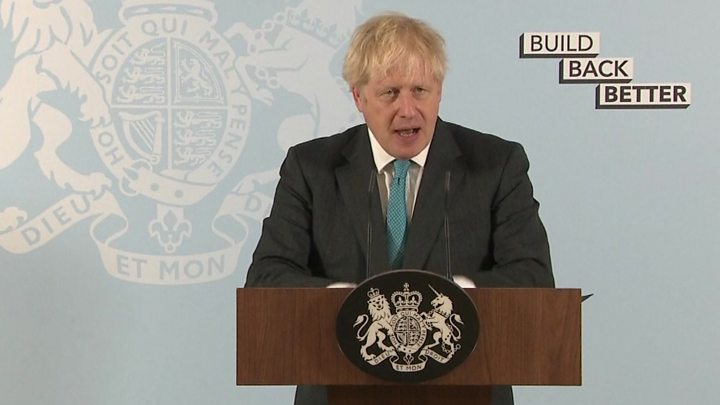Former prime minister Paul Martin is trading in his diplomat’s hat for a set of headphones as a podcaster in a new series offered by the Conference Board of Canada.
The series, called Bright Future, hears from senior-level executives from some of the country’s biggest institutions.
Martin’s episode is available today, and focuses on what he calls the living standards gap between Indigenous and non-Indigenous Canadians.
Those gaps became apparent when Martin was designing educational programs for high schoolers through his organization, the Martin Family Initiative.
“There is a high school business course given in almost every provincial high school in the country, but it’s a high school business course given very much to non-Indigenous people based on non-Indigenous ways of life,” Martin said.
“So what we really said was, ‘wait a minute, the youngest and the fastest growing segment of our population are Indigenous. And they also want to be in business. They also have shown a huge aptitude for entrepreneurship'”
But what Martin found was a challenge that exists for students in connecting with the lessons.
“We did a pilot project based on the Ontario standards, and then we met with the young people and they all said, well, wait a minute, you know, you’re talking about things that happen in Toronto. We don’t all live in Toronto,” Martin said.
“You show us business people. But we want to hear from Indigenous business people.”
Martin’s team then developed programs based on the Ontario model, but also incorporating material from the United States. Along the way they also gathered support from Indigenous communities and their business leaders.
The focus, Martin said, is on financial literacy, entrepreneurship and planning and working in a business.
“The first one we started at a school serving the First Nations communities just north of Thunder Bay,” Martin said. “But we’re now in 40 schools right across the country.”
Martin said they hope to expand their offerings, and capitalize on young Indigenous people’s energy and entrepreneurial sprit.
“The Indigenous people are the youngest and the fastest growing segment of our population,” he said. “They are going to form as these young people grow up, a major part of the growth in our workforce, everything from scientists and doctors to truck drivers.”
“We are very lucky in an ageing population to have this huge underlay of young people and they’re going to make a huge impact. What we’ve got to do is to make sure that they’re given the tools to do the job.”



More Stories
Covid: PM promises ‘radical’ shake-up of adult education
Tear gas isn’t banned; Jersey City seniors deserve better housing; Education Matters team should win | Letters
Unequal education: Pandemic widens race, class gaps in U.S. schools